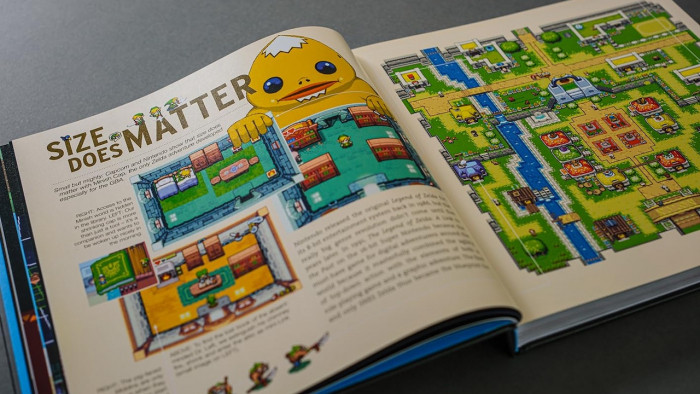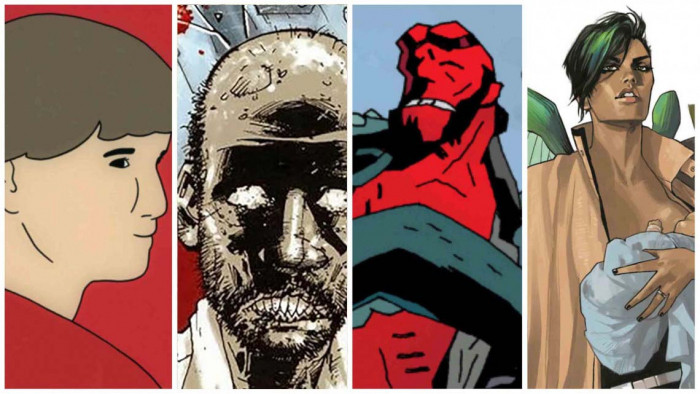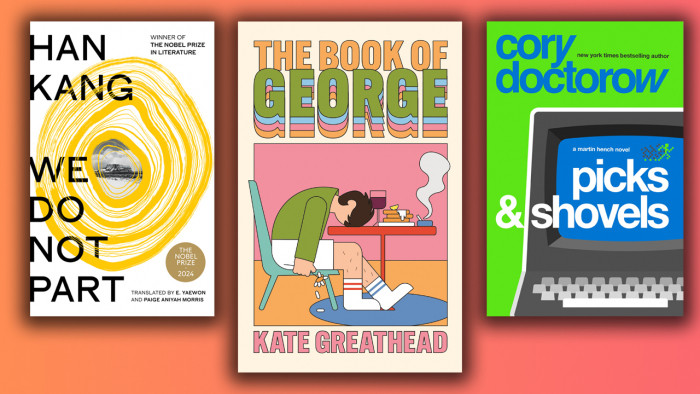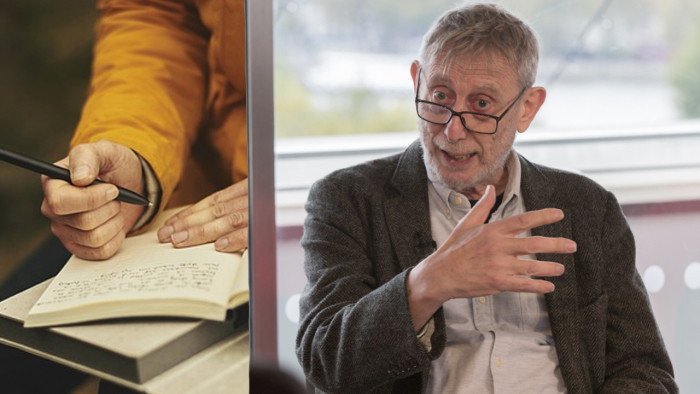Give it a year and I’ll be picking up the clippers and shaving my head completely. And, to be honest, it’s something that fills me with utter, utter dread,” explains receding 37-year-old Londoner Alex Zamora. “I’ve been on quite a journey with my hair these past few years — one that has taken in denial, fear and desperation. I’ve been shaken by it far more than I imagined I would be.”
Zamora’s words will doubtless resonate with many of Britain’s 7.4 million bald and balding men, who find themselves caught in a trend that seemingly suggests that baldness is something to be ashamed of — something to be ‘cured’, even. Wayne Rooney is the latest public figure to launch a surgical strike against his shedding scalp. Conversely, there are shining figureheads such as Bruce Willis (pictured left), Zinedine Zidane (below) and Jason Statham who rule the hairless look, and are championed as beacons of hope for the follicly bereft.
Clearly, baldness is a big deal.
Avy Joseph, a psychologist and the co-founder of the College For Cognitive Behavioural Hypnotherapy, agrees. “Certainly for some men it is an acute source of anxiety, and it can have a huge impact upon a man’s emotional state,” he tells ShortList. “The amount of hair on your head is supposedly linked to your attractiveness, your virility and your masculinity, but the reality is very different. It comes down to your perception of what other people think of you, and to what extent that impacts upon your self worth. Some men ‘catastrophise’ the situation, whereas others accept themselves and what’s happening to them as a man.”
For Zamora, acceptance seems to be some way off. “This is going to sound vain, but my hair has always been a big part of who I am,” he says. “Not that I do anything mental to it, but I’m of a generation that has had mousse , gel and wax. I felt that my hairstyle differentiated me from other guys and helped me… attract women. And now that it’s going, I won’t be able to do that any more. Not that I’d want to, because I’m married, but… You just like to know that you’ve still got it.”
The Rules of Attraction
It’s a long-standing myth that women aren’t attracted to bald men. Indeed, according to a surprising survey carried out by the Virgin Group in 2001, female students aged between 19 and 25 thought that William Hague had more sex appeal than Tony Blair. Says Susan Quilliam, advice columnist for The Erotic Review and author of The New Joy Of Sex: “The completely bald and shaved look is certainly becoming more attractive to women. It’s seen as very macho, very sexual. Ultimately, though, it’s not something to focus on. It’s a look. It’s fashion. And women know that fashions come and go.
“Are women put off by baldness?” Quilliam continues. “I’ll be honest: younger girls are, yes. But once they’re in their 30s, they’re quite cool about it — it doesn’t matter.” It seems that recent stats back this up: according to Match.com, British women in their 30s are more than twice as likely to be looking for a bald man than their twentysomething counterparts, and balding (rather than fully bald) men are almost three times more likely to attract a partner once their female suitors hit 30.
Another common myth is that baldness is a sign of diminished virility, of low testosterone. Consultant trichologist Carole Michaelides from the Philip Kingsley Clinic explains: “Testosterone levels are exactly the same in bald men as in those who aren’t losing their hair. It’s not testosterone itself that causes hair loss — it is, in fact, down to a converted version of it called dihydrotestosterone and your genetic predisposition. The hormone combines within the cells and alters the ‘message’ for the hair type in the follicle. And when this happens, the follicle has something of an identity crisis and instead of producing a hair of regular size and thickness, it will produce a much finer hair.”
So, to finally lay the nonsense about virility and baldness to bed: you have to produce plenty of testosterone to synthesise dihydrotestosterone, the hormone that actually causes baldness. “Generally speaking, 50 per cent of men will be thinning substantially before their 50th birthday, while 80 to 85 per cent will experience thinning in their lifetime,” adds Michaelides. “And I do think that more younger men are losing their hair, which could be down to a number of reasons — stress, for one. This, of course, has a huge psychological impact upon men. Our hair is a secondary sexual characteristic, and we use it to attract a mate. It is interesting that we as humans have retained our scalp hair. It’s entirely to do with sex.”
Bringing balding back
So, we’re back to the sex thing. There’s only one man who can get this back on track: Bruce Willis. In 2005, he said, “I don’t make a big deal out of it. Whether you’re a man or not comes from your heart, not from how much hair you have on your head,” before revealing that he shaves his head to make a statement against companies selling hair-growth products. “It’s my f*ck-you to all those ads that say that you’re not a real man if you’re losing your hair or if your hair is thinning. I get so many compliments from guys who say thank you for championing this look.”
There’s little doubt that Willis’s close-cropped look has done a lot for the self respect of balding men. And it could even be argued that he encouraged men of a certain age to reject thinning hair as the inexorable first stage of their physical demise — in the days before Moonlighting and Die Hard, balding men resigned themselves to the comb-over, and the beer gut soon followed.
Jay Davies is 35, and shaves his balding pate to the scalp. “I first started losing my hair when I was 25, and for a while I thought that I could fight it,” he explains. “I would wear caps, brush my fringe forward a bit… But after a while I just thought, ‘F*ck it. I’m a man. Men go bald. People will just have to deal with it.’ And they do. It’s not as if I’ve got a disease or a disfigurement. Looking back, I think that I hyped myself up too much about it. I thought that when I finally shaved it off, it’d be a shock, but it really wasn’t — we all had crew cuts when we were kids, and it made me look a bit younger,if anything.”
Which brings us back to the ‘acceptance’ that psychologist Avy Joseph was talking about earlier. “The reality,” he explains, “is that some people will find you more attractive or judge you in a more positive way, while for others the opposite will be true. It’s just how it is. Accept yourself unconditionally for who you are, with or without hair. You need to put yourself out there socially and at work, and make a concerted effort to go against the negative feelings you may have. You need to desensitise yourself; behave as if you don’t have a problem with it and, gradually, you won’t. And better still, once you’ve accepted it, you’ll eventually come to view baldness as a positive thing.”
Main image: Rex










